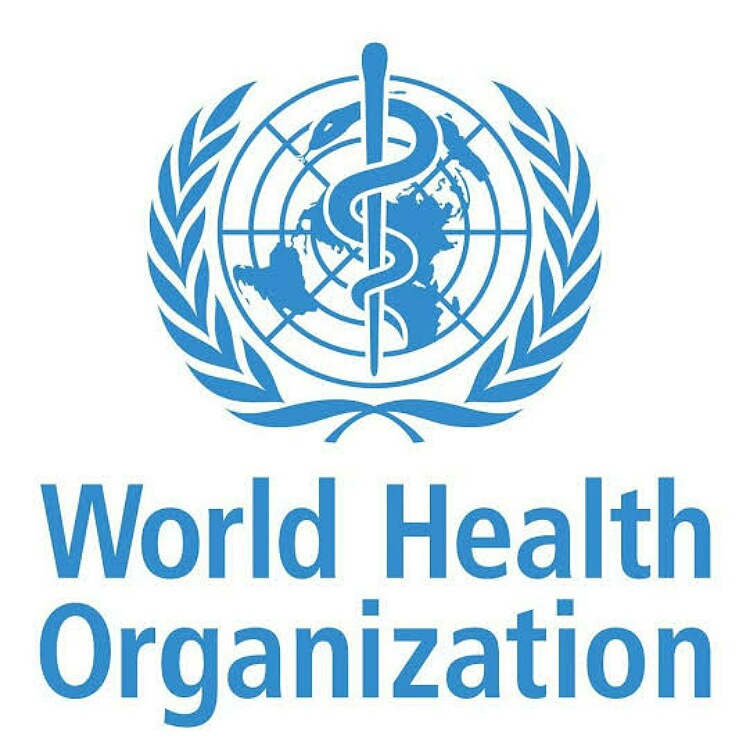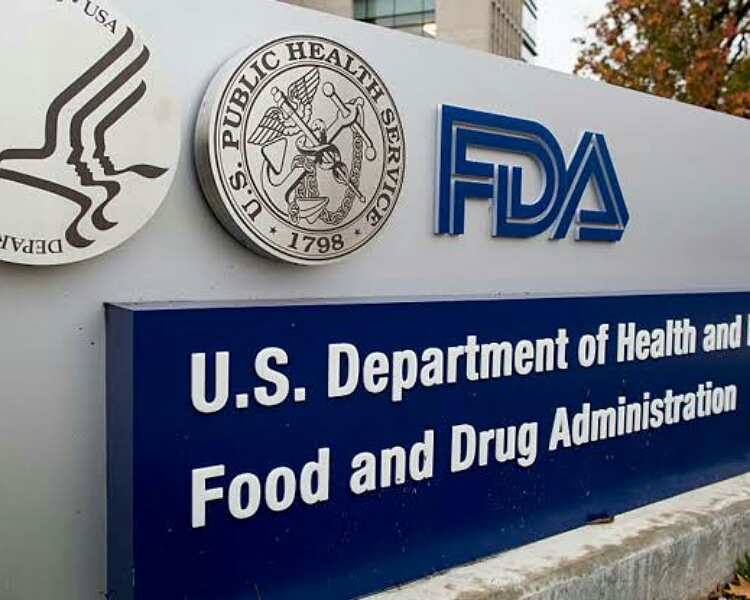A recent WHO report asserts that sodium intake is high amongst people in the world. It adds that seven million lives would be lost if strict measures to curb this intake is not initiated soon. The authors have urged governments to act soon and take effective steps to save those lives.
The recent WHO report
There is a recent WHO report that has come out. It reveals that seven million people could die due to excessive use of salt in foods. And it has urged governments to take rapid steps and initiate tighter restrictions on salt use in foods in fast foods and restaurants as well by the packaged food industry.
Francesco Branca, director of the WHO’s Department of Nutrition for Health and Development opined:
“Excessive sodium intake is the top risk factor for an unhealthy diet, and it is responsible for 1.8 million deaths each year,”

WHO data states that excessive salt intake is linked to cardiovascular diseases. And these diseases kill around 17.9 million people globally each year. It leads to strokes and five million patients die as a result of it. It is also a harbinger of other dreaded and serious medical conditions.
CDC and WHO reveal that people consume double the amount of recommended salt intake per day.
Ill-effects of excessive salt
The high sodium can stiffen the arteries. Graham MacGregor, a professor of cardiovascular medicine at Queen Mary University of London states:
“If you retain more salt in the body, it slowly puts up the blood pressure,”
“That raised blood pressure then causes strokes, heart attacks or heart failure.”
He was not part of the report making. Several studies have revealed that high salt intake is dangerous for the body. Despite newer studies challenging these past results, the expert opinion on it has remained unchanged over the years. From 2013, in the next twelve years, WHO had wanted to reduce global salt intake by 30%. But the target has not been reached. Hence Francesco feels that the target should be extended to 2030.

Majority of the salt consumed by Americans comes from processed foods. Francesco wants governments to lay down mandatory norms for it. He said:
“This is really something that doesn’t cost money to anybody,”
“It’s a simple intervention, but it’s incredibly effective.”
And WHO found in a review of the salt reduction policies in world countries, only nine of them had adopted effective and comprehensive salt reduction policies. This is just 5% of the member countries.
Action required
U.N.’s health agency is urging governments to make people aware of excessive salt consumption. The salt levels should be put on the food packages. Moreover, there should be a limit on the salt content of processed foods and packaged foods. And this needs to be ascertained. Graham opines:
“There’s no point in telling people to stop adding salt in their food,”
“It’s already in there.”
Also, read High salt diet can increase stress, says a study from the University of Edinburgh!

In the USA, last year, the FDA planned to change label rules and put healthy or not healthy on it. But Consumer Brands Association (with 1700 member brands including Pepsi and General Mills) felt that it is too restrictive. Moreover, people too have got used to the high salt in foods for taste reasons. Francesco argues:
“You expect a certain amount of salt, and you think that if you don’t have that much salt, the food is tasteless,”
“Manufacturers don’t want to take the initiative to reduce sodium if there’s a competitor that has a higher content of salt,”
But the sensitivity will normalize soon after reduction, says Francesco:
“Your taste buds will adjust to a reduction in salt, and you’ll be able to better taste the other flavors,”
